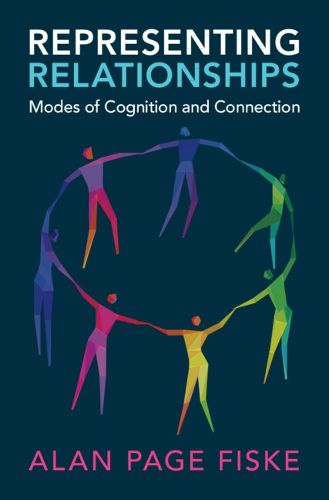Readings Newsletter
Become a Readings Member to make your shopping experience even easier.
Sign in or sign up for free!
You’re not far away from qualifying for FREE standard shipping within Australia
You’ve qualified for FREE standard shipping within Australia
The cart is loading…






The four fundamental forms of sociality structure our relationships. By comparing hundreds of cultures across more than 5000 years, this book builds on Relational Models Theory to reveal how each of the four basic types of relationship are conceived in its own distinctive cognitive medium. The text demonstrates how people use their food and bodies to foster affiliation, spatial dimensions to form hierarchy, concrete operations of one-to-one matching to create equality, and employ arbitrary, conventional symbols for proportion-based relationships. Originating from the author's ethnographic fieldwork in a West African village, this innovative social theory integrates findings from social, cognitive, and developmental psychology, linguistics and semiotics, anthropology, archeology, art history, religious studies, and ancient texts. The chapters offer compelling insights into readers' everyday social relations by showing what humans think their social relationships actually are.
$9.00 standard shipping within Australia
FREE standard shipping within Australia for orders over $100.00
Express & International shipping calculated at checkout
The four fundamental forms of sociality structure our relationships. By comparing hundreds of cultures across more than 5000 years, this book builds on Relational Models Theory to reveal how each of the four basic types of relationship are conceived in its own distinctive cognitive medium. The text demonstrates how people use their food and bodies to foster affiliation, spatial dimensions to form hierarchy, concrete operations of one-to-one matching to create equality, and employ arbitrary, conventional symbols for proportion-based relationships. Originating from the author's ethnographic fieldwork in a West African village, this innovative social theory integrates findings from social, cognitive, and developmental psychology, linguistics and semiotics, anthropology, archeology, art history, religious studies, and ancient texts. The chapters offer compelling insights into readers' everyday social relations by showing what humans think their social relationships actually are.